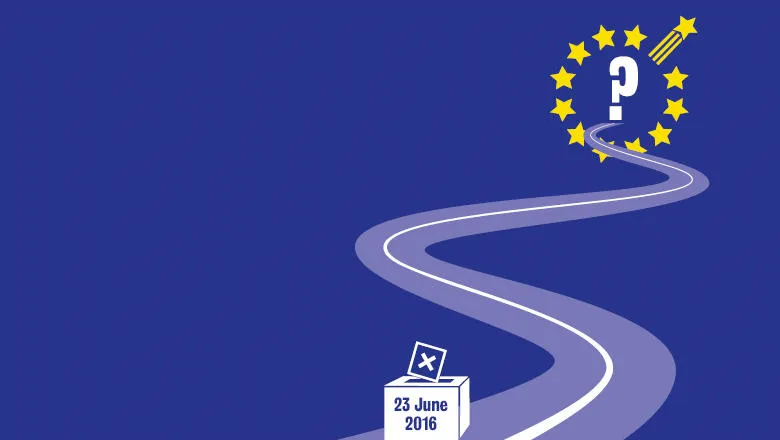11 October 2018
Support for EEA-style Brexit has increased
EEA membership is now supported by 43 per cent of Britons, up from 38 per cent in 2017

Support for a Brexit deal based on membership of the European Economic Area (EEA) has increased, according to new research.
EEA membership is now supported by 43 per cent of Britons, up from 38 per cent in 2017, making it the most popular Brexit option.
The research, by the Policy Institute at King’s College London, RAND Europe and the University of Cambridge, followed up on a 2017 study to assess whether public opinion on Brexit has changed in the last year.
It found that almost a third of participants switched their preference in favour of a closer relationship with the EU, while a fifth opted for a more distant relationship, and half did not change their views.
Other findings include:
- Nearly one in five (18 per cent) Remain voters have shifted from preferring EEA membership in 2017, to simply remaining in the EU in 2018. This suggests that in the past they were willing to accept a soft Brexit, but have now reverted to their original voting preference at the time of the referendum.
- Nearly nine in 10 (88 per cent) Remain voters now prefer either EEA membership or remaining in the EU for the UK’s future relationship with the bloc.
- One in three Leave voters (34 per cent) opt for EEA membership in 2018, up from one in four (24 per cent) in 2017.
- Among Leave voters, support for membership of the customs union but not the single market has decreased from 19 per cent to 16 per cent in the last year, while support for leaving the EU without a deal has decreasedfrom 44 per cent in 2017 to 39 per cent in 2018.
- 52 per cent of respondents now say they would vote Remain in a referendum, up from 48 per cent in 2017 and the actual 2016 referendum.
- The public’s views of the proposals in the government’s Brexit white paper(otherwise known as "Chequers") are difficult to assess because key aspects of the proposals are too vague.
- Should there be another referendum, the options offered in a vote will significantly influence the outcome. For example, if the choice were between Remain and only being part of the customs union, or Remain and No Deal, Remain would get the most votes. However, if the choice were between Remain and EEA membership, then the latter would get the most votes.
The study used a methodology known as choice modelling to ask people to select between different Brexit scenarios and priorities. This approach determines how much people value difference aspects of a Brexit deal, and what is most important to them, from the choices and trade-offs that they make. Daniel McFadden and James Heckman won the 2000 Nobel Prize in economics for their use of choice modelling.
In this study, the options presented to respondents were unlabelled – i.e. did not use terms such as "soft" or "hard" Brexit – as this can bias people’s choices. Instead, respondents were asked to make choices about specific attributes of the UK’s relationship with the EU.
Jonathan Grant, Professor of Public Policy at King’s College London, said:
"As we approach the cut-off date for finalising a Brexit deal, it appears that more and more people are seeing a close relationship between the UK and the EU as a good thing. While there may be political difficulties in implementing what our research found to be the most popular type of deal – one that resembles membership of the EEA – it is clear that the public place a high value on a soft exit."
Charlene Rohr, Senior Research Leader at RAND Europe, said:
"While the referendum delivered a result to leave the EU, it is simply not possible to know from this outcome what sort of relationship with the EU that Britons wanted. The aim of our research is to use choice experiments to quantify what aspects of this relationship the British think are most important and what trade-offs people would be willing to make to inform Brexit negotiations."
